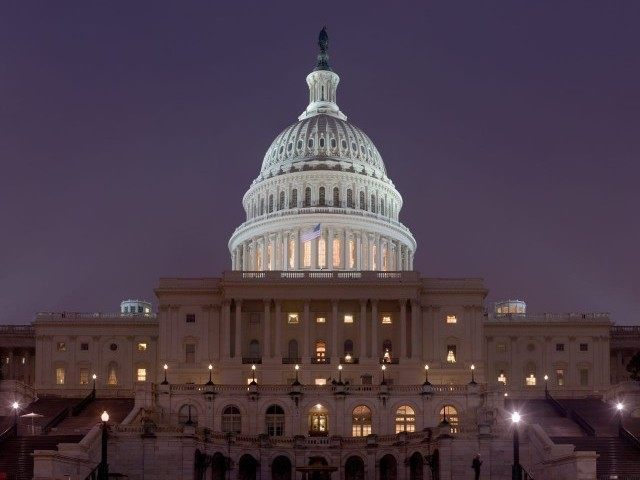The U.S. government is keen on internet freedom… but only in countries it doesn’t like.
This September, the U.S invested another $10 million toward helping activists in authoritarian regimes circumvent state censorship of the internet. But the goverment’s attitude to web freedom within its own borders suggests that what it wants for its enemies may not necessarily be what it wants for itself.
It’s been three years since the last major government push to control the internet came to a spectacular end. The Stop Online Privacy Act (SOPA) and Protect IP Act (PIPA), which activists feared would lead to the neutering of user-created content on the web, led to an unprecedented conflagration of global online protest that eventually brought down both bills.
But the threat to web freedom did not subside: it only grew stronger. A review of copyright law launched just a year after the SOPA and PIPA protests now threatens independent aggregation and news sites including the Drudge Report and Real Clear Politics.
Matt Drudge himself claims, extraordinarily, that a Supreme Court Judge told him directly that his website would be “over” once the new rules on copyright were passed. The web pioneer, whose site is one of the most well-trafficked in the world, also predicted that the age of independent websites like his was coming to an end, and that web users would soon be pushed into the “cyber ghettoes” of social media.
Presidential candidate and conservative firebrand Ted Cruz has also sounded the alarm about the growing government threat to web freedom. Pointing to recent FCC moves to reclassify broadband internet as a public utility, Cruz warned that the threats to free speech online were growing. “Liberty on the net is every day more imperilled by big government and Washington politicians who want to muzzle dissent,” Cruz told The Blaze. “I think the threats to free speech, under big government statists, have never been greater.”
Elsewhere, regressive, culturally authoritarian radicals are pushing for the government to bring the censoriousness of college campuses to the web. Following the lead of online social justice warriors including Zoe Quinn and Anita Sarkeesian, a U.N. group recently released a report calling for governments to demand ISPs and search engines censor themselves in order to prevent “cyber violence” (read: criticism and ridicule) against women.
The report was withdrawn following widespread criticism — but other organisations linked to the U.N. quietly continued the anti-“cyber violence” push.
Some on the authoritarian left no longer even pretend to conceal their loathing of the free, open internet as it exists today. Salon contributor and Arthur Chu recently penned a column calling for the repeal of Section 230 of the Communications Decency Act, a crucial law that enables platforms like Twitter and Disqus to allow open communication on their platforms by exempting them from any legal liability for their users’ comments.
For years, defenders of web freedom have long warned that the establishment fears and loathes the new reality of the internet, where anything they say can be instantly challenged by millions of ordinary people around the world.
Before his death, the late Reddit developer and web freedom activist Aaron Swartz marvelled at how quickly politicians from both the Democrats and the GOP set aside their differences in the attempt to push through SOPA and PIPA: “Somehow – the kind of thing you never see in Washington – they’d all managed to put their personal differences aside, and come together to support one bill.”
Swartz also recounted a meeting he had with a U.S. Senator, during which the topic of web censorship was raised:
“I asked him why, despite being such a progressive, despite giving a speech in favour of civil liberties – why [did] he want to censor the internet?
That typical politician smile faded from his face, and his eyes started burning fiery red… And he started shouting at me.
“These people on the internet, they think they can get away with anything! They think they can just put anything up there! There’s nothing we can do to stop them! They put up everything! … Well, we’re gonna show them. There’s gotta be laws on the internet – it’s gotta be under control.”
– Aaron Swartz, recounting a meeting with a U.S. Senator
With progressives cheering the end of the “Wild West Web” and the Republican establishment working with Democrats to erode legislative protections on web freedom, the threats to the free web are multiplying. The opponents of freedom of speech are tenacious, organised, and well-connected.
But just as opponents of web freedom can be found on the left and the right, so too can its defenders. If a bipartisan movement of opposition to the new threats to the open web is to emerge, it is likely to come from the nascent cultural libertarian movement. But they will need to organise quickly: their opponents have a long head start.
Follow Allum Bokhari @LibertarianBlue on Twitter
Breitbart Tech is a new vertical from Breitbart News covering tech, gaming and internet culture. Bookmark breitbart.com/tech and follow @BreitbartTech on Twitter and Facebook.

COMMENTS
Please let us know if you're having issues with commenting.